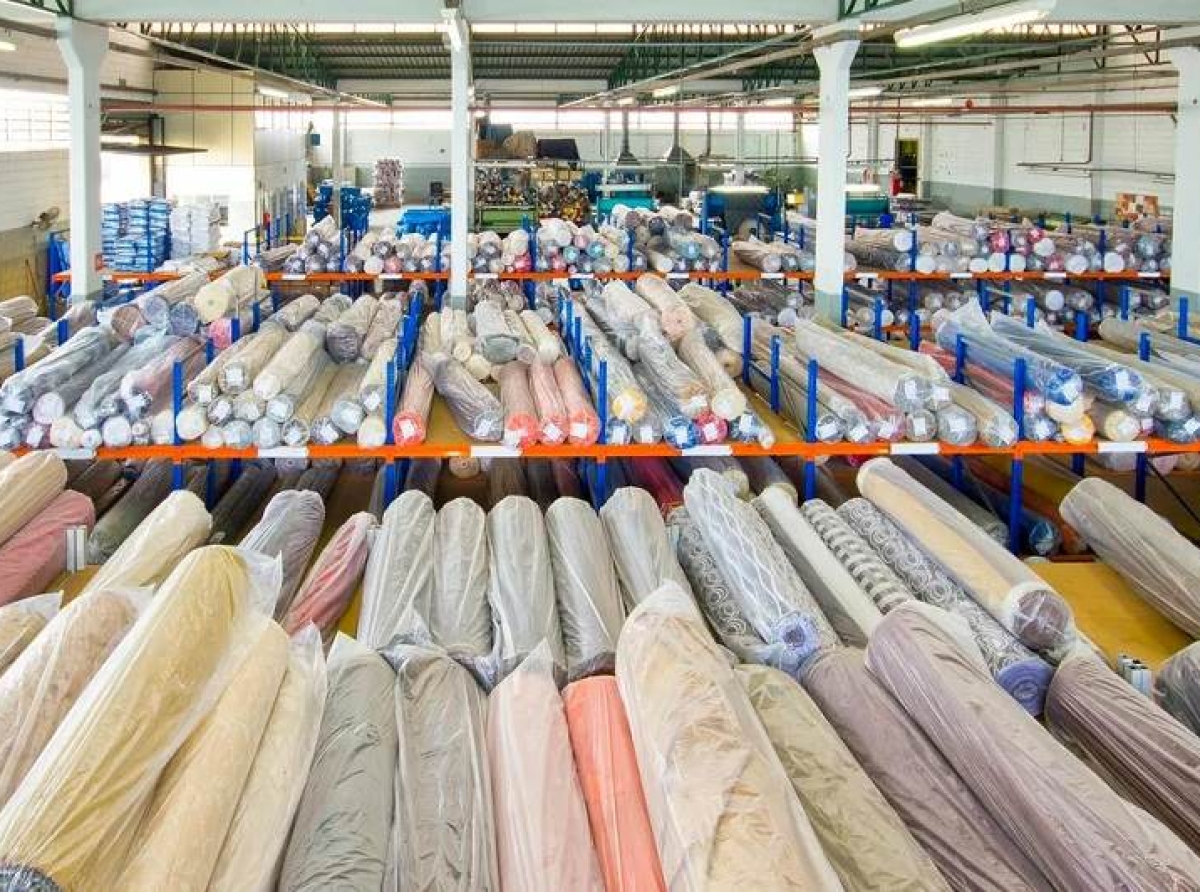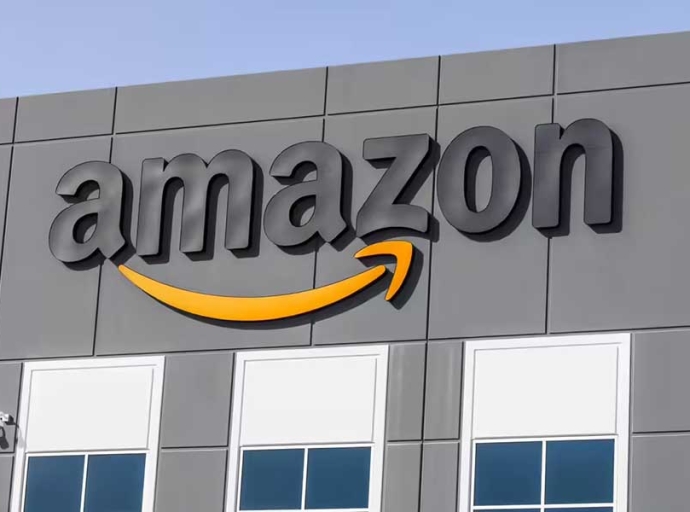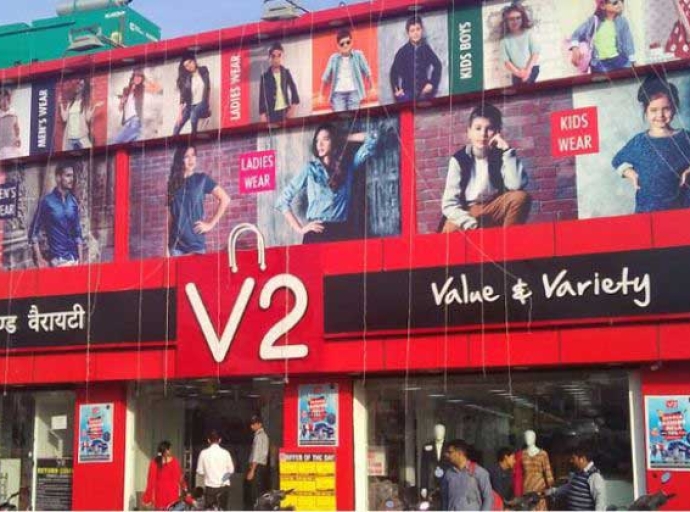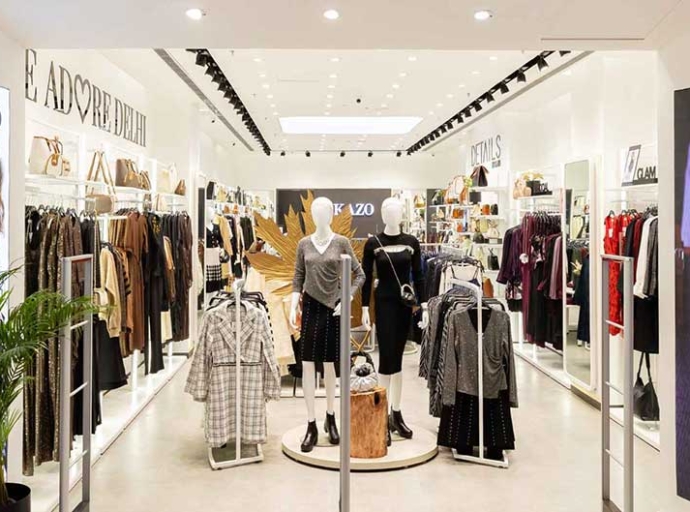08 June 2023, Mumbai
The narrative of Track & Traceability; The apparel and footwear industry recognizes the importance of transparency and traceability in addressing key challenges such as value chain management, labor rights, counterfeits, and sustainability. However, many businesses still lack a comprehensive understanding of their extended value chain.
Addressing Sustainability in the Textile Industry
The importance of tracking and tracing in the end-of-life phase of product lifecycle management lies in reducing costs and environmental impacts throughout the manufacturing process.
Traceability aims to integrate value chain partners, enabling transparent tracking and tracing of articles across the textile supply chain.
Simply put, it allows for tracing the entire lifecycle of a product, from raw materials to end-consumers, including waste disposal and recycling. The Textile Tracer Assessment offers a comprehensive guide to physical tracer technologies applicable to the textile supply chain.
Consumer Demand for Supply Chain Transparency
To bridge this gap, a global initiative led by UNECE and UN/CEFACT has been launched, aiming to establish a policy platform, develop traceability standards, and provide implementation guidelines. From 2019 to 2022, the project focuses on capacity building and testing of deliverables, while UNECE's "The Sustainability Pledge" urges industry stakeholders to adopt measures that uphold environmental and ethical standards.
The Call for Change in Fashion
In the fast-paced fashion world, brands grapple with the task of producing large volumes of clothing without the certainty of sales. The ability to respond swiftly to consumer needs becomes a key determinant of success.
Embracing the latest technologies is crucial for pushing the boundaries of production, marketing, manufacturing, and wearability. Notable technological advancements in the fashion industry include artificial intelligence (AI), mobile commerce, 3D printing, and blockchain.
Unlocking the Potential of Technology
AI plays a vital role in enhancing customer experiences, analyzing data, boosting sales, predicting trends, and offering inventory recommendations.
In-store touchscreens and chatbots elevate customer service by providing personalized product suggestions. AI algorithms track customer journeys, matching them with suitable products.
The potential of AI extends beyond customer service, with applications in supply chain management and trend forecasting proving highly profitable.
Real-time inventory tracking saves time and streamlines warehouse operations, while the integration of AI's predictive data tools enables brands to access timely information for designing and producing the right styles and quantities.
Fair sex
STITCH FIX, a notable example, leverages automation and analytics to create virtual wardrobes for its female customers. By monitoring their purchases and preferences, the platform empowers women to create unique styles using their existing wardrobes and shop from a diverse array of stores.
Fashion Buyers Seek Greener Shopping
In summary, the garment and footwear industry is being shaped by the twin forces of transparency, traceability, and technological advancements.
Achieving sustainable production and consumption patterns requires collaboration among all stakeholders, as well as the adoption of common strategies and reliable technical solutions.
By embracing transparency, leveraging technological innovations, and prioritizing ethical and environmental considerations, the industry can navigate the ever-evolving global landscape and pave the way for a more responsible and prosperous future.
The Urgent Need for Traceability
Avery Dennison, a material science company, highlights the growing consumer demand for supply chain transparency in the fashion industry. Their survey, conducted in collaboration with GWI, reveals that over 5,000 fashion buyers across the US, UK, France, Germany, and China express a desire for a greener shopping experience.
Consumers want to trace the journey of their purchased items throughout the supply chain, verifying their fashion circularity. To achieve this, digital labels can be attached to clothing, allowing consumers to access supply chain information and recycling instructions through an app.
Retailers who effectively communicate through smart labels can strengthen brand loyalty while actively supporting fashion circularity.
Datapoint
The survey indicates that globally, 62% of respondents expect brands and retailers to provide accessible end-of-life options for their products. Furthermore, 58% believe that fashion brands should assist consumers in repairing items, and 57% think brands should facilitate resale when customers no longer want to keep the products.
Fashion's Business Case for Traceability
Leveraging technology can bring added value to consumers, retailers, and brands, enabling them to embrace behaviors that promote circularity.
Scaling up circular practices not only benefits the environment and reduces waste but also provides consumers with more product information and deeper engagement with brands. Unfortunately, a report by Planet Tracker reveals that only 11% of brands disclosed their raw materials suppliers in 2022, with an overall traceability score of just 19% in 2021.
Planet Tracker collaborated with Segura, a digital supply chain company, to assess the financial risks and opportunities associated with supply chain traceability. Opportunities for mitigating impact include reducing air freight, consolidating suppliers, and minimizing production.
Planet Tracker's Report on Supply Chains
Planet Tracker's report, titled "Lifting the Rug," emphasizes the business case for supply chain traceability in the fashion industry, addressing environmental and human rights concerns.
The nonprofit also assesses the financial risks of maintaining the status quo in the plastics sector, which is particularly relevant given upcoming legislation.
Among the 52 publicly listed retail companies analyzed by Planet Tracker, only 37% disclosed a supplier list, with just 21% publishing suppliers beyond Tier I. Noteworthy approaches to supply chain traceability from companies such as Patagonia and LVMH are documented in the report.
Update
The report showcases the level of transparency displayed by major apparel producers in disclosing their supply chains.
By implementing industry-wide traceability, the researchers estimate that apparel companies can improve net profit by an average of 3% to 7%, based on Segura's retail return on investment calculations and Planet Tracker's textile data points, totaling over 14,000.
In terms of funding, apparel companies have invested less than $200 million in supply chain traceability technology over the past decade. This figure pales in comparison to the $3.5 billion raised in public and private capital for the secondhand clothing market since 2015.
Latest Publications


































